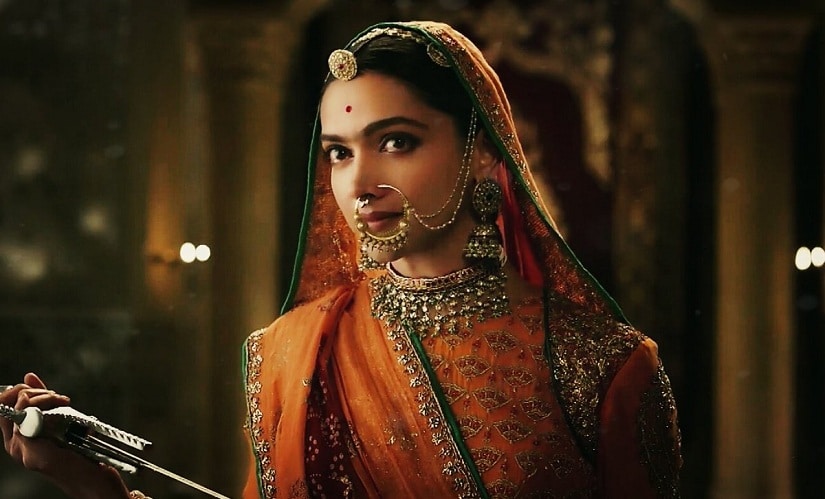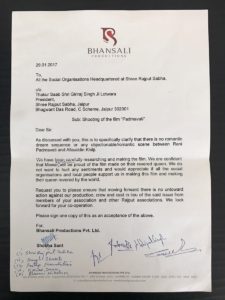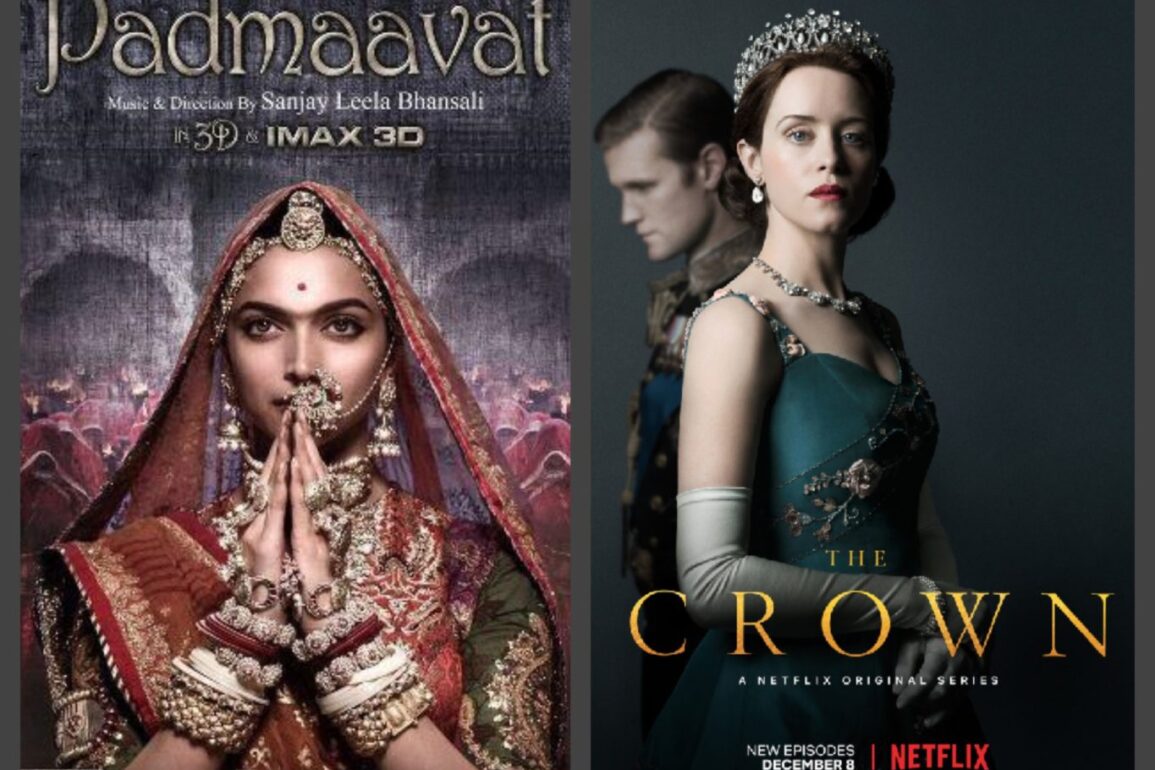On 4th November 2016, the first season of The Crown aired on Netflix. The Crown, a historical drama series, tells the story of Queen Elizabeth II, the present monarch of the United Kingdom. Although there have been claims of some historical inaccuracies in the series by viewers and historians, the series is largely a biographical venture. The second season of the same began on 8th December 2017. Meanwhile, the beginning of that year itself saw “protests” here in India against the shooting of Padmavati (later, Padmaavat). In January 2017, Sanjay Leela Bhansali was assaulted by members of Karni Sena. The assault was aimed against the shooting of a movie they did not completely know the plot of.
This “protest” and assault continued not only until the release of the movie, but even after the movie. Meanwhile, The Crown has run two successful seasons, and has been renewed for a third one.
Padmaavat took its inspiration from the 14th century epic poem, Padmavat, written by Malik Muhammad Jayasi. The existence of the protagonist of the poem, Queen Padmini, or Padmavati, is questioned by historians. The poem tells the story of the love story of Queen Padmini and the king of Chittorgarh, Ratan Sen. This article does not seek to compare The Crown with Padmaavat. This article is an effort to analyze the reactions to the two. The Crown is a largely historical venture, whereas Padmaavat was based on a fictional piece of writing. Despite this, where The Crown garners international acclaim, Padmaavat received unwarranted assault and “protest”.
This article does not seek to compare The Crown with Padmaavat. This article is an effort to analyze the reactions to the two. The Crown is a largely historical venture, whereas Padmaavat was based on a fictional piece of writing. Despite this, where The Crown garners international acclaim, Padmaavat received unwarranted assault and “protest”.
What makes some Indians so averse to any depiction of the past, and what makes some fear an attack on their honor? Moreover, why have they attached their honor to a group from the past? Before even the movie was released, Karni Sena members accused the movie of hurting their sentiments, and attacking their honor. Despite several attempts by Sanjay Leela Bhansali to convince Karni Sena and others of the movie not hurting Rajput honor, the “protests” continued, so did the damage to public property.
The governments of four states found it easier to ban the release of the movie, than to manage the hooliganism that had erupted. In the end though, the Supreme Court gave Padmaavat a win by staying a ban on the release.
Even after the release, however, the vandalism continued. The claims of the movie distorting history, showing Queen Padmavati in a dishonorable light, and harming Rajput pride were ever-present in the air.
In their quest for historical justice, members of the group also vandalized Padmini Mahal when they broke the mirrors placed there, claiming Queen Padmini never showed her face to the rulers. Whatever their argument, they did damage a historical site protected by the Archaeological Survey of India.
Do we really lack the patience to watch a fictional movie about the past? Do we even lack the patience to wait till watching the movie before destroying irreplaceable, valuable public property? Do we lack the sensibility to debate and discuss, instead of destructing and vandalizing?

It is good to take pride in our history, in our past. It is good to work towards protecting that history. But is it even okay to destroy the present, in protecting our exalted vision of the past? Do we cherish our past any less if it is served to us with some creative editing on an entertainment platform? The movie came with multiple disclaimers, and one branch of the Karni Sena even admitted having been at fault and took back their protest. It still took a longer than required time for peace to return.
The British love their royal family. And yet, The Crown is enjoyed all over the world. This is not to claim any similarity between the two. The suggestion here merely is that there is no harm in loving a creative – albeit historically inaccurate – depiction of the past, especially when the makers of the piece do not claim historical accuracy.
Indians need to have a lighter approach to this aspect of everyday life, so that the focus can be on the genuine issues afflicting our country.

